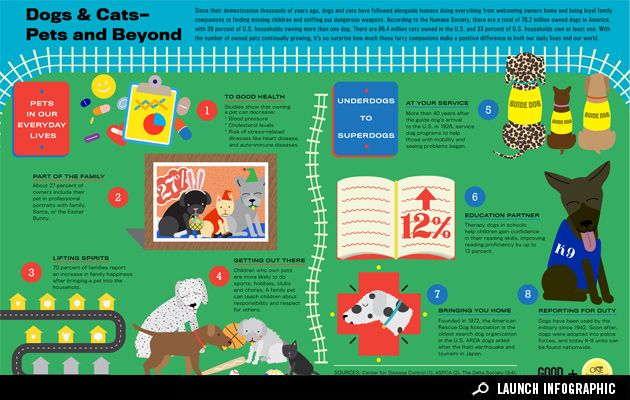Canines in daycare obtain great deals of exercise, socialization with various other pet dogs and special experiences. This can be particularly handy for pups and canines with behavioral concerns.
There are numerous lawful considerations you need to take into consideration when beginning a dog daycare business. These include the structure of your company and compliance with federal government guidelines.
1. Dog Distemper
Canine distemper is spread out with straight contact with the physical liquids and waste of a contaminated pet, yet it can additionally be transmitted through common water and food bowls or with air-borne beads. This extremely infectious ailment is most unsafe for pups, yet it can influence pets of any age and is deadly for the majority of if left unattended.
First signs and symptoms of canine distemper often mimic a common cold, including runny eyes and nose with watery or pus-like discharge. As the condition progresses, a dog will develop high temperature, coughing, lowered cravings, throwing up and diarrhea. The virus can also strike the nerves, causing seizures, shivering and partial or full paralysis.
Trusted childcares minimize direct exposure to infection by needing inoculations, routine health examinations and comply with strict hygiene protocols. If your pup appears overly exhausted or limping, a day of rest may help him recoup, yet you need to stay clear of taking him back to day care up until these signs clean up.
2. Kennel Cough
Kennel cough, additionally referred to as contagious canine tracheobronchitis or Bordetella, is an extremely contagious viral or microbial condition that influences the breathing tract. It's generally moved via the exchange of saliva or air droplets that a sick dog exhales. Social pet dogs are at higher threat for infection because of their frequent interaction with each other, such as when they play, share food or water, smell one another or simply fulfill in a congested environment like a pet park or day care.
The most common symptom of kennel coughing is a consistent and forceful coughing that seems like something stuck in the throat or retching. Often, pets will certainly spend frothy white phlegm. If left untreated, a pet dog can establish pneumonia and be at significant danger for life.
A reliable childcare center ought to have rigorous cleansing and cleanliness methods, disinfect all toys, food and water bowls regularly, and be open concerning their inoculation policies. Maintaining your pet dog up to day on their vaccinations, especially for bordetella and canine influenza, will substantially minimize their chances of getting the disease.
3. Parvovirus
Canine parvovirus, or parvo, is a highly transmittable viral disease that can be deadly for pups and young adult pets with bad body immune systems. It's most frequently spread by straight contact with polluted pet feces-- which can occur when dogs smell, lick, or taste contaminated feces-- and indirectly from polluted people, items, or environments (like kennels, brushing rooms and grass). Young puppies and dogs without total vaccination backgrounds are especially prone to parvo.
The virus is very resistant, making it through in the environment for as much as 9 years, and can quickly be moved between dogs by call through feces or on footwear, apparel, and bed linen contaminated with parvovirus. If not dealt with right away with IV fluids, electrolyte equilibrium, vomiting control medicines and antibiotics to avoid second bacterial infections, a pet dog will swiftly dehydrate and create severe looseness of the bowels, which leads to shock and sepsis. Parvo is hard to cure when a pet has ended up being ill, yet with suitable vet treatment, numerous pups do survive this disease.
4. Pooch Influenza
Dog flu virus is very contagious and spreads with straight contact, sharing food and water bowls, licking or nuzzling various other pets, through airborne beads, and through polluted surface areas. Vaccination is effective in minimizing the threat of infection and outbreaks.
Many influenced pets develop a moderate respiratory system infection with a cough that lasts 1-3 weeks. They may additionally have nasal and eye discharge, sneezing, and lethargy. A few of one of the most serious cases lead to pneumonia and a high fever.
If your pet dog exhibits any of these signs, do not bring them back to childcare till they are healthy. If your canine is revealing indicators of extreme tiredness or hopping, talk with your vet immediately and make certain they get on healthiness supplements to help develop their resistance. A vet will certainly evaluate your canine for signs and symptoms of the boarding dogs influenza by taking a sample from the nose or throat, and blood tests can be done to verify.
